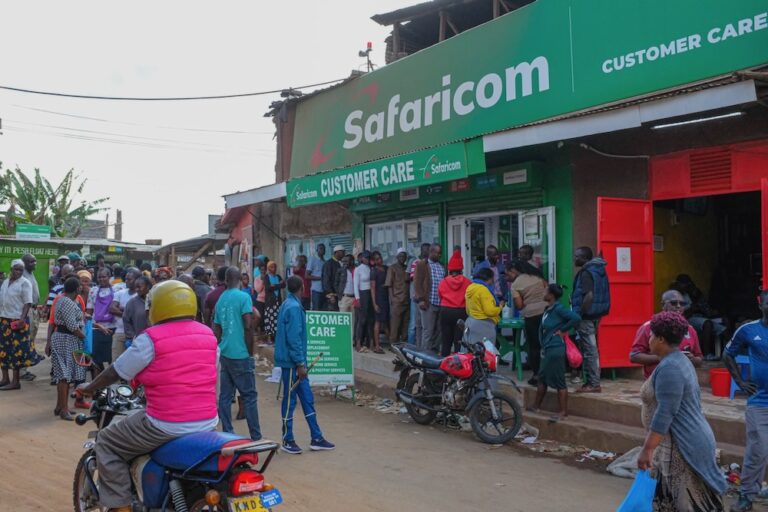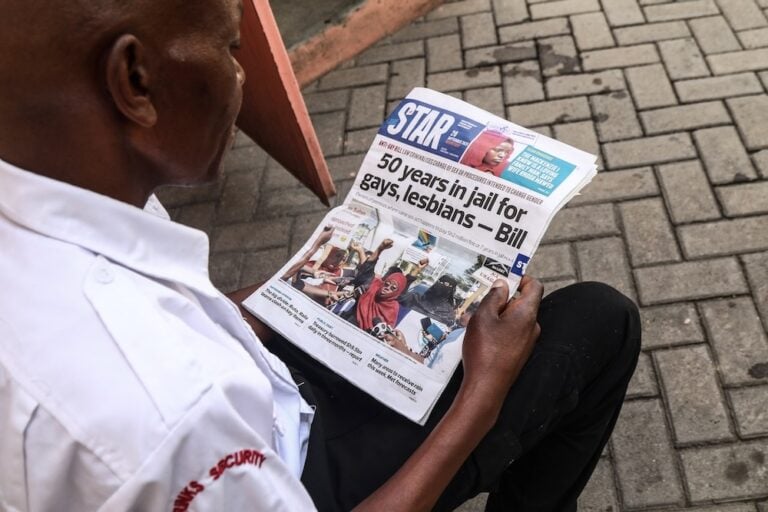(RSF/IFEX) – On 19 July 2002, RSF expressed its concern about the health of Kenyan photojournalist Wallace Gichere, who on 15 July was taken unconscious to a Nairobi hospital, on the eighth day of a hunger strike. The journalist began a hunger strike in a bid to win compensation for police brutality that left him […]
(RSF/IFEX) – On 19 July 2002, RSF expressed its concern about the health of Kenyan photojournalist Wallace Gichere, who on 15 July was taken unconscious to a Nairobi hospital, on the eighth day of a hunger strike. The journalist began a hunger strike in a bid to win compensation for police brutality that left him paralysed.
“We will hold you responsible if anything happens to him,” noted RSF Secretary-General Robert Ménard in a letter to Kenyan Attorney-General Amos Wako. “It is your duty to provide justice and repair this grave error by paying the due compensation immediately,” Ménard emphasised.
In 1991, Gichere, then chief photographer for the government-owned “Kenya Times”, was thrown out of a fourth-floor window by 15 policemen who broke into his flat and accused him of writing anti-government articles for foreign media organisations and sending information to Amnesty International. At the time, he was also an active member of a pro-democracy group with links to a former presidential candidate.
The government accepted a recommendation by the Kenya Human Rights Commission to pay damages to Gichere, but never did so. After meeting with the journalist, Wako said his demands for compensation were “excessive.”
RSF also notes that on 22 June, investigative journalist and human rights activist Argwings Odera was forced to flee Kenya for South Africa after coming under heavy pressure.


